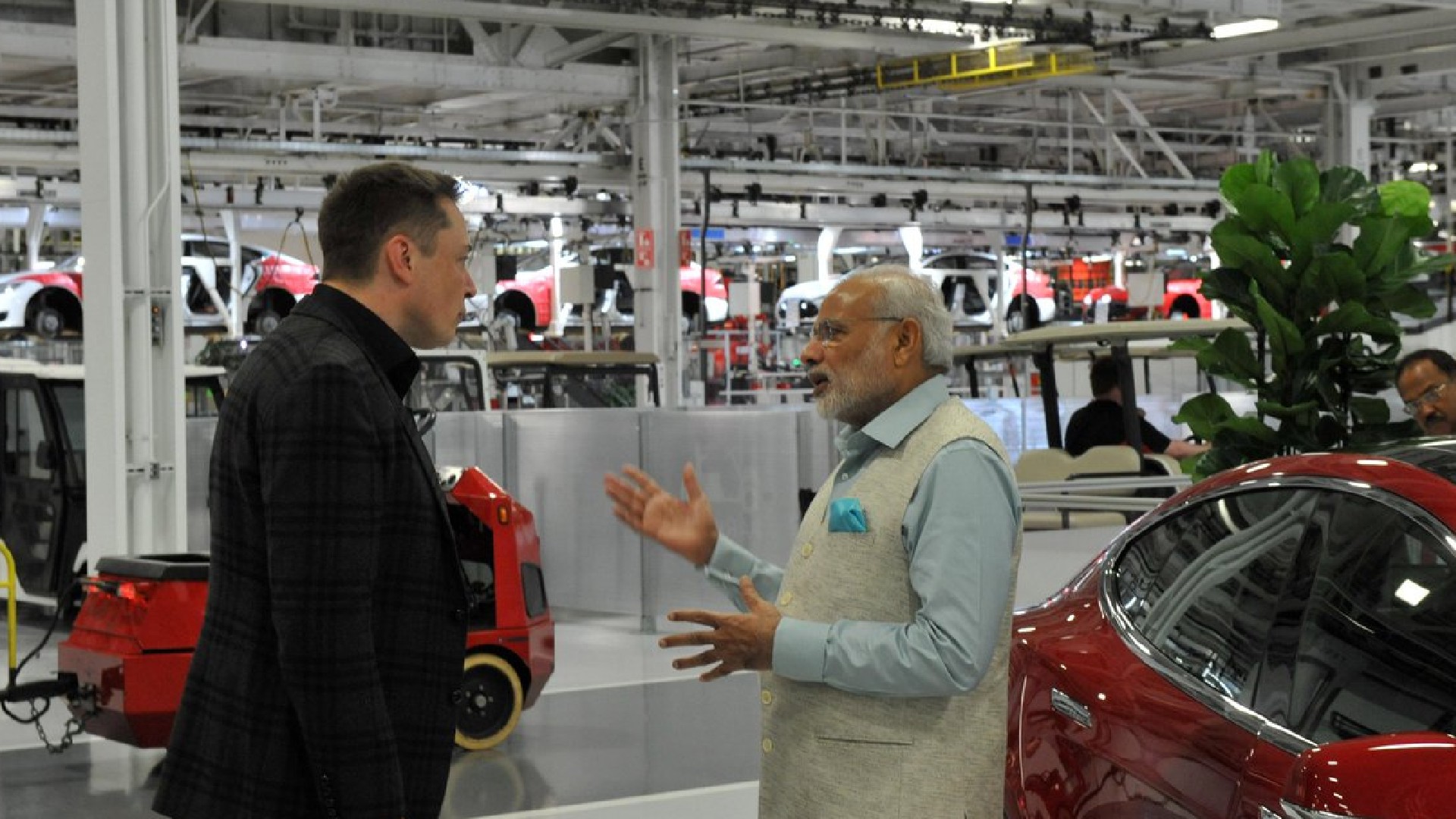Recently, companies like Bharti Group-backed OneWeb as well as Elon Musk’s SpaceX Technologies have shown interest to enter into India’s satellite internet space.
Telecom Regulatory Authority of India (TRAI) is seeking views on various ways to make satellite communications more affordable for ordinary consumers in India and has floated a discussion paper for the same.
More Affordable For Mass Adoption
Right from ways of boosting mass adoption of satellite broadband services to creating an environment to attract top dollars into the satcoms space, among others, are being sought by TRAI.
Whether or not to license national long distance (NLD) operators to offer satellite services to connect the new wave of IoT (or Internet Of Things) devices is being reviewed by TRAI by seeking feedback. Feedback is also being sought on whether only some frequency bands should be available for such satellite-based IoT connectivity.
As satellite-based services are costlier, they have not been widely adopted by end-users and hence ways to make it “more affordable” are being explored by TRAI.
The feedback deadline, wherein comments and counter-comments are welcomed are April 9 and April 23 respectively.
The mobile broadband tariffs are way affordable as compared to the satellite broadband rates. Hence, a call for relaxing the current satellite policy regulations has been put forward by ex-TRAI chairman R S Sharma in order to drive down the rates of satellite broadband as well as cost of satellite service access terminals.
Satcoms has been tried and tested technology when it comes to delivering fast broadband services in remote areas and it has proven record of managing disasters such as earthquakes, tsunamis and floods in remote and inhospitable terrain.
“Ease of doing business” Important To Attract Dollars
“Ease of doing business” is pivotal to attract top dollars as it the long delays in the procurement of satellite bandwidth through the existing processes which makes it unattractive for investment. There is involvement of multiple agencies for seeking various clearances and approvals in satellite sector which also has to be done away with.
If all the processes and permissions are made online and if there is “single window clearance” for all kinds of satellite-based processes then it will be all the more convenient.
Stakeholder views on whether or not to obtain bandwidth from foreign satellites for providing IoT connectivity is what TRAI is seeking currently.
There are various frequency bands like – L, S, C, Ku, Ka. TRAI is wondering whether any specific band or all of them for that matter should be allowed for provisioning satellite-based IoT connectivity.
There is new opportunities due to IoT-based apps delivered via satellite connectivity for enterprises as far as boosting operational efficiency and cutting costs in concerned.
Suggestions for framing licensing norms for satellite-based connectivity for low bit-rate applications have also been invited by the regulator.
Sensor based apps used in ATMs, traffic management, vehicle tracking and IoT devices amongst others are low bit-rate applications.
Whether to amend the existing regulations or to make a new licensing regime in order to offer satellite connectivity for low bit-rate apps is also what TRAI is seeking feedback for.
In case of stakeholders pushing for all-new licensing regime, suggestions around associated entry fees, licence fees, bank guarantees, spectrum usage charges and royalty fees.
